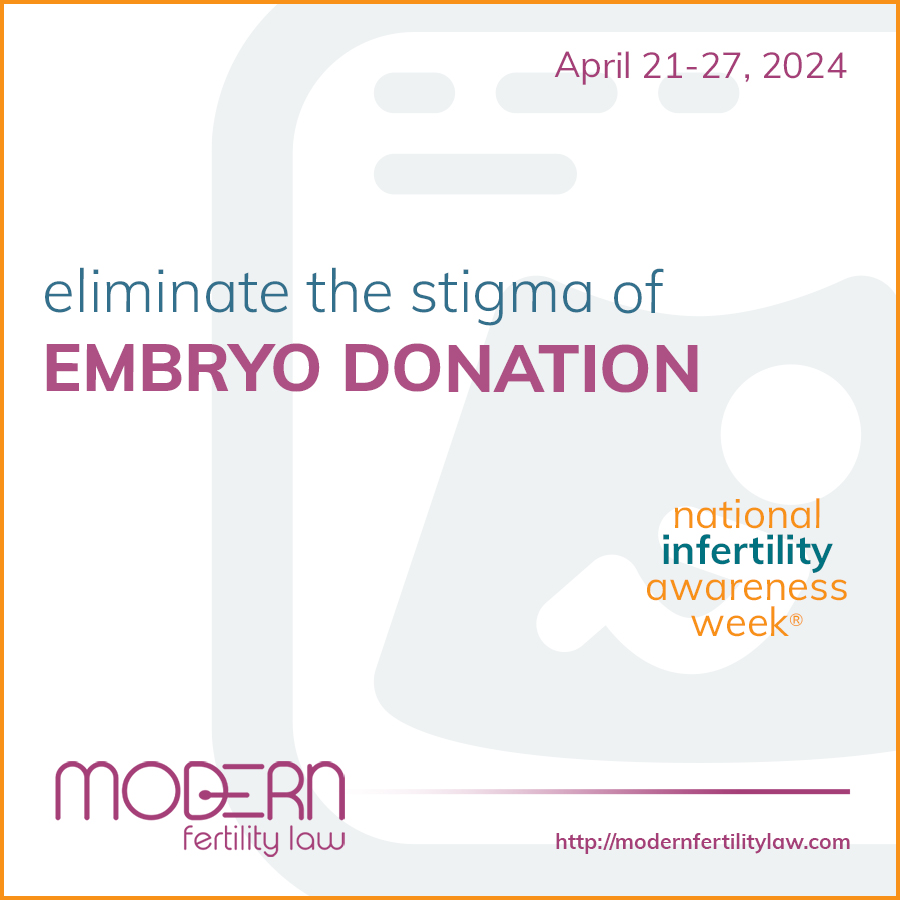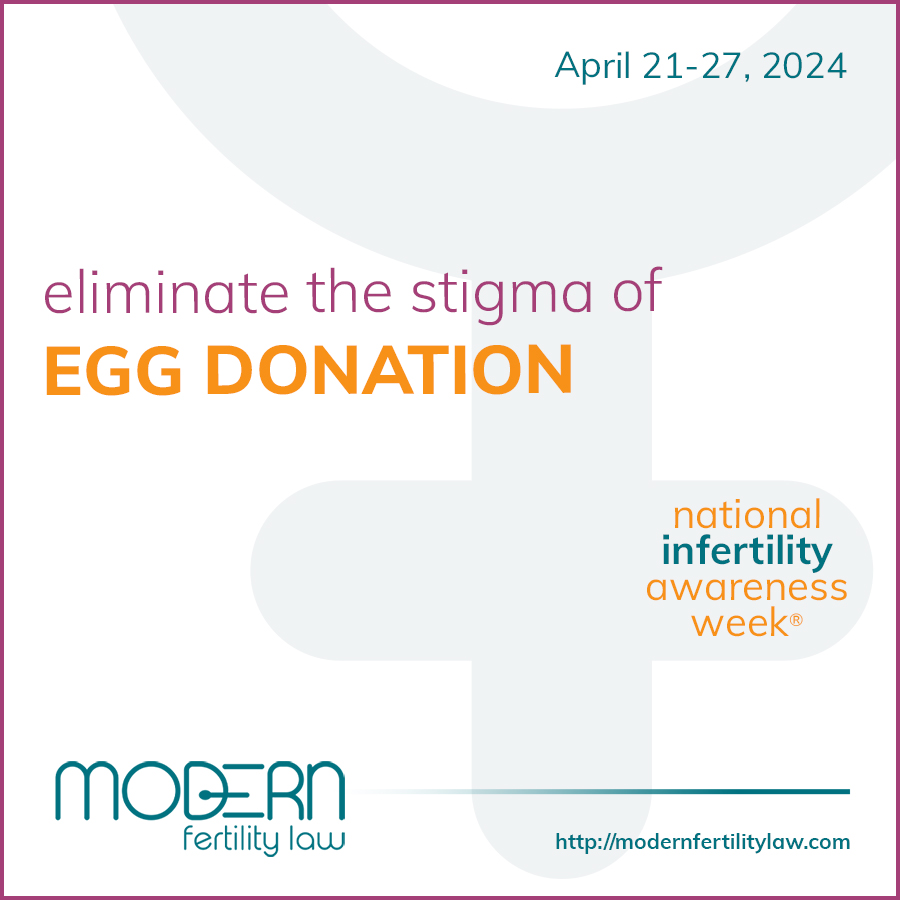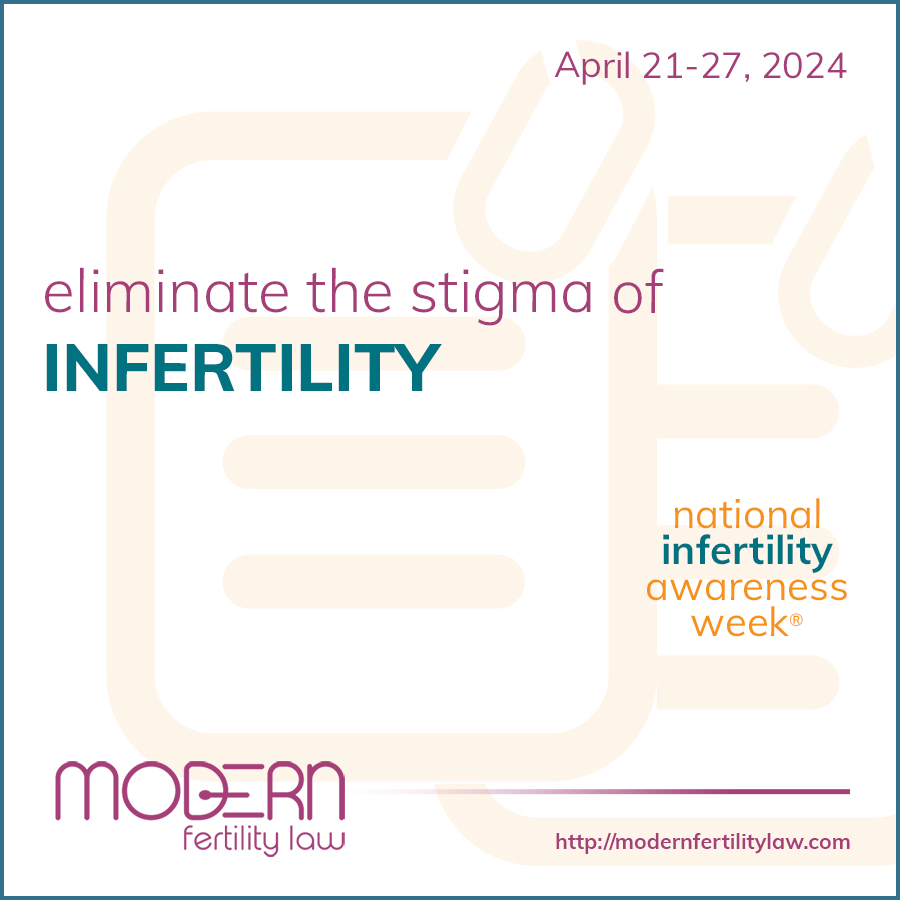
It takes a village to help meet the challenges of family building. Introducing your village: mental health professionals, physicians, agencies, attorneys, and organizations such as Resolve. You are not alone.
#MARKYourSupport
#NIAW2024
#LeaveYourMark2024
#WearOrange2024
#ResolveInfertility



